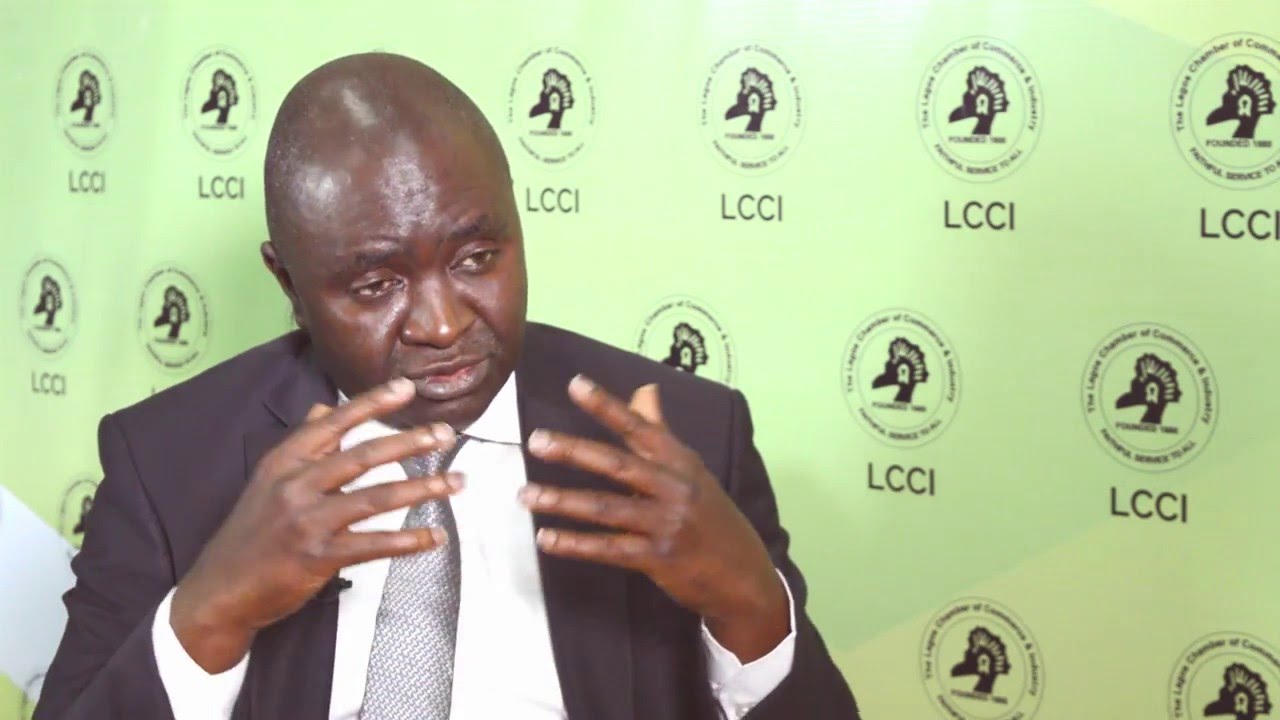The Lagos Chamber of Commerce and Industry has called on the Federal Government to review the Automotive Policy, which came into effect 2013 under the Goodluck Jonathan administration in 2013.
It will be recalled that the Comptroller General, Nigeria Customs Service, Col Hameed Ali (retd.), made the same call for a reduction of the 35 per cent levy on imported vehicles to curb smuggling.
The LCCI’s stand was contained in a statement issued and signed by its Director-General, Mr Muda Yusuf, on Sunday.
The LCCI lamented that the policy, in its five years of implementation, has adversely impacted the cost of doing business, the welfare of the people, government revenue and the capacity of the economy to create jobs.
It noted that the policy had brought adverse effects to stakeholders in the sector that were compliant with extant rules, taxes and tariffs applicable to the automobile sector.
Read also: ASUU refutes claim of receiving N163bn from FG to end strike
Yusuf suggested a reduction in the import levy from 50 per cent to 15 per cent. “This will be in addition to the 20 per cent import duty.”
He also recommended that the 25 per cent import levy on commercial vehicles should be cut down to 15 per cent to complement the 10 per cent import duty.
“Import levy on used cars should be reviewed from current 25 per cent to 15 per cent,” he said.
In his recommendations, Yusuf also urged the Federal Government to offer tax concessions and waivers be extended to the assembly plants in the spirit of the auto policy.
He added that, to facilitate the growth of domestic vehicle assembly, semi-knocked down units should all attract five per cent duty.
Yusuf said said, “Other incentives for assembly plants and tyre industries for the acquisition of machinery and equipment should be retained as contained in the automotive policy.
“Similar incentives should be extended to the local production of vehicle spare parts.
“Patronage of locally assembled vehicles by the government and its agencies should be more rigorously encouraged and enforced.”



Leave a Reply